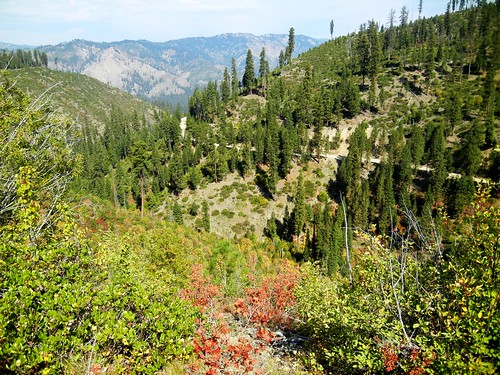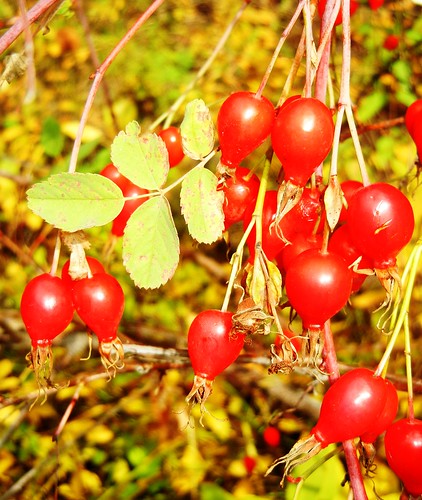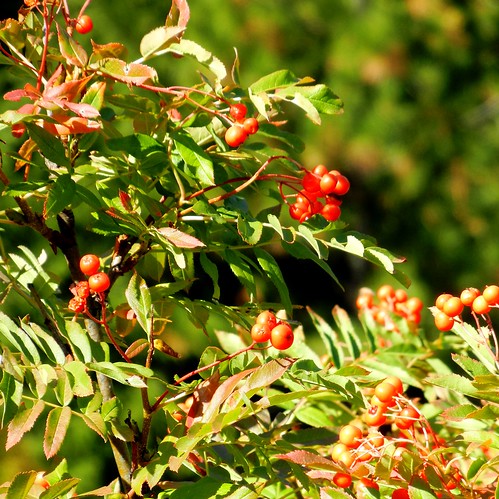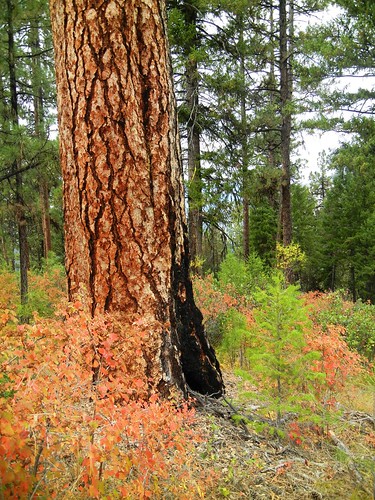
One of the first excursions Idaho locals recommend to newcomers is the Ponderosa Pine Scenic Byway along Highway 21 from Boise to Stanley, Idaho. The popular route traverses foothills, high-elevation forests and scenic river canyons in the heart of the Boise National Forest and Sawtooth National Recreation Area.
Although beautiful in any season, fall is my favorite time of year for exploring Highway 21. The combination of sunny, cool days melding into together with cold-but-not-freezing nights help intensify the forest’s autumn hues. Color is often good in September but generally peaks in in early to mid-October, depending on elevation.
The 1989, the Lowman fire burned nearly 50,000 acres along Highway 21 in the South Fork Payette River drainage. Although the fire initially left large, blackened expanses, these “black holes” are now filled with numerous wildflowers, shrubs and conifer seedlings. And that recovery process sets the stage for spectacular fall color displays.
Canadians Gorm Damborg and Karin Plato recently enjoyed a warm September afternoon at Mountain View campground, just west of the Lowman Ranger Station along the SF Payette River. “All along the river, it’s just beautiful, especially this time of year,” Plato said. “It’s quiet compared to summer, and we love seeing the yellows, reds, and all the colors on the forest floor. The whole drive down from Stanley, the vistas were just amazing.”
From Labor Day to Halloween, the mountains between Stanley and Idaho City are ablaze with warm colors including orange mountain-ash berries, scarlet rosehips, golden quaking aspen, and reddish mallow ninebark and Rocky Mountain maple. The delicate leaves of spiraea and dogbane lend bright yellow hues to the forest floor. Towering ponderosa pine, Douglas-fir, and lodgepole pine provide shade and contrast. I love the subtle vanilla-like fragrance of large ponderosa pines with orange, bark-shaped-like puzzle pieces.
The colors change each week as the daylight shortens and temperatures drop. While you’re following the fall color train, be sure to look for signs of wildlife. You might see tracks or scat from elk, deer, black bear or red fox. Patches of sand or mud along stream banks are good places to search for tracks. Just as people get ready for winter by bringing warm clothes out of storage, forest animals are busy preparing for the long, snowy months ahead. So take advantage of the solitude and enjoy the forest’s fall splendor before the snow flies! You can track the progression of the fall colors across America by accessing the Forest Service website.



